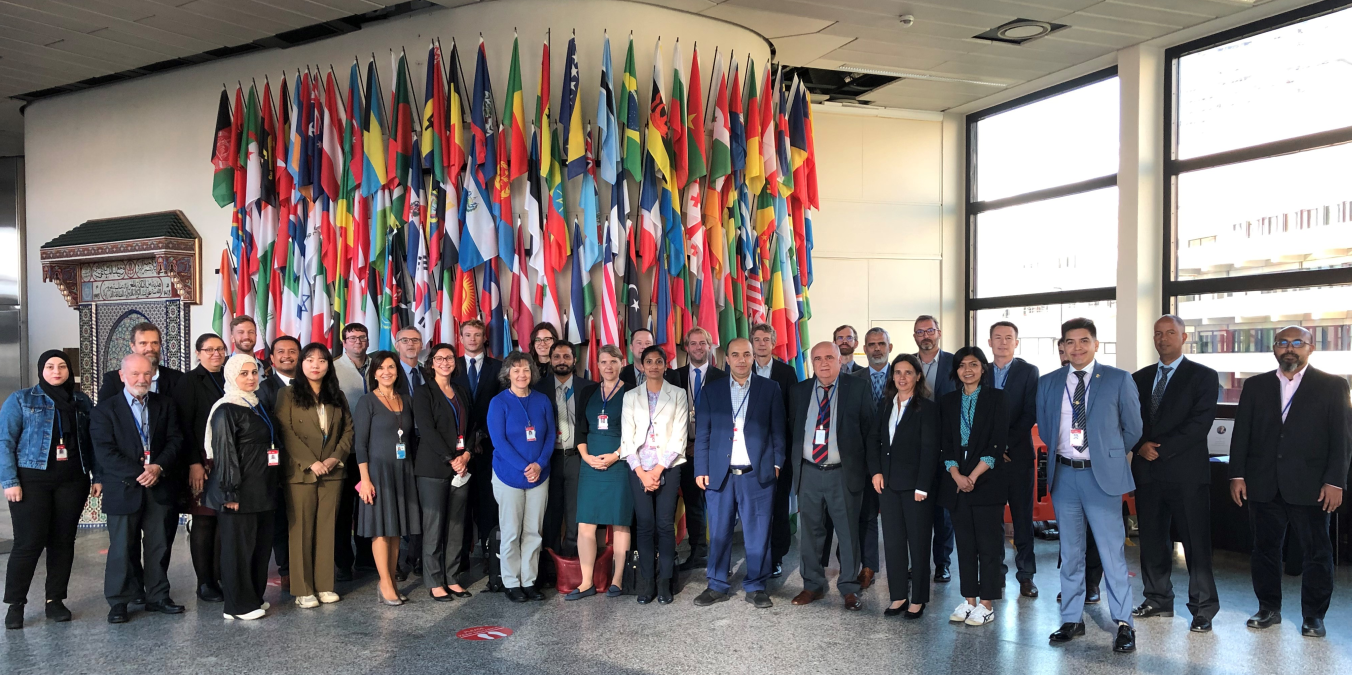From 20 Sep 2022, 9:00AM to 23 Sep 2022, 1:00PM

There is an increasing interest in small modular reactors (SMRs) and their applications, in part due to their consideration as a low carbon energy source in the climate change mitigation plans of many Member States. SMRs are newer generation reactors designed to generate electric power typically up to 300 MWe.
While much focus has been given to aspects of SMR deployment such as reactor concepts, engineering, economics, infrastructure, safety and so on, the fuel cycle, and in particular the management of spent fuel, appears to have had limited consideration. As the SMR concepts are becoming more refined, it is an appropriate time to start identifying the challenges, opportunities, and issues for managing spent fuel from SMRs during storage, transportation, reprocessing & recycling, and disposal.
The implications for the backend of the fuel cycle are very dependent on the characteristics of the nuclear fuel to be managed as spent (e.g., enrichment, matrices and compositions) and its irradiation history (e.g., burnup).
This IAEA Technical Meeting facilitates the exchange of information and discussion regarding the management of spent fuels coming from all envisaged SMR types to enable experts to collaboratively identify the opportunities and challenges faced in all stages of the backend of the fuel cycle (storage, transportation, reprocessing & recycling, and disposal), gaps in current infrastructures and knowledge, and the potential ways to move forward in addressing them in the near, medium, and long terms.
Objectives
The purpose of the event is to share technical information on the management of spent nuclear fuel from the operation of small modular reactors, to anticipate related opportunities and challenges, identify infrastructures and knowledge gaps and the potential ways to move forward in addressing them in the near, medium, and long term.
